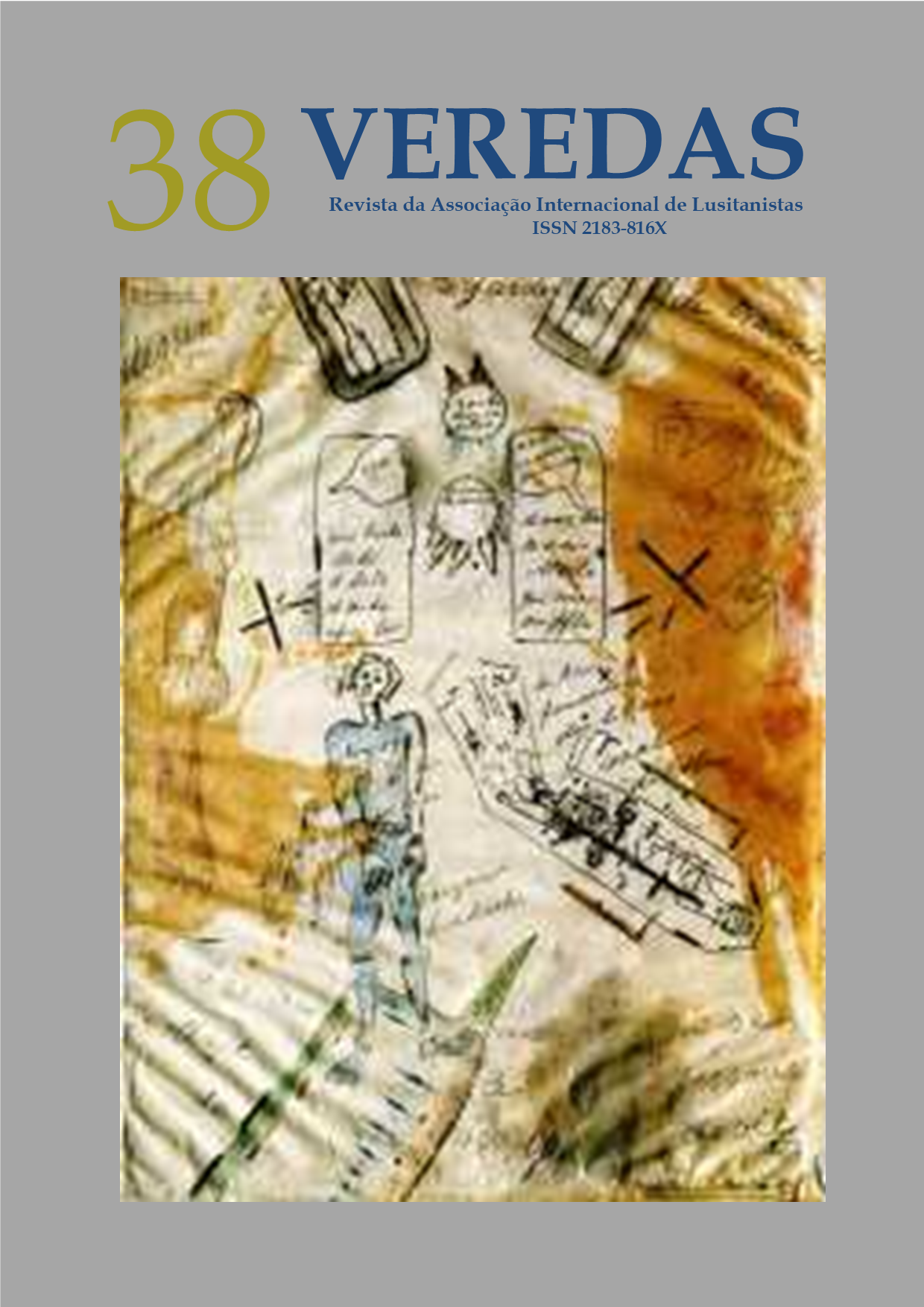Abstract
Cultural relations between Portugal and Latin America revolve around a long history of dependence that, especially from the 20th century onwards, became a reciprocal dialogue for the literature of both regions. A high point of this dialogue is found between Latin American magical realism and Portuguese literature after the Carnation Revolution (1974). This text proposes to analyze two novels from these literary traditions: O senhor presidente (1946), by Miguel Ángel Asturias, and Memorial do convento (1982), by José Saramago, aiming to understand the configuration of the categories of the sacred and the profane in the conceptual mesh of narratives. An anthropological perspective is adopted to understand the sacred/profane dyad while holding to assumptions dear to the tradition inaugurated by Émile Durkheim and explored by R. Caillois and E. E. Evans-Pritchard. It was found that O senhor presidente (1946) maintains an ambiguity between essence and appearance in the configuration of the sacred and profane system, destabilizing a fixed logic of relations between the categories. The system of sacred and profane in Memorial do convento (1982) undergoes a process of inversion operated primarily in the voice of the narrator. This inversion is related to the two narrative planes that intertwine and oppose each other in the same contextual background.

This work is licensed under a Creative Commons Attribution 4.0 International License.
Copyright (c) 2023 Luis Gustavo de Paiva Faria

